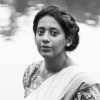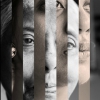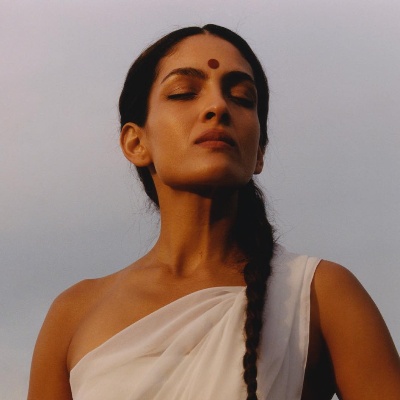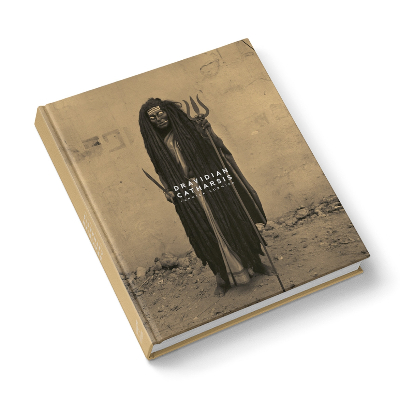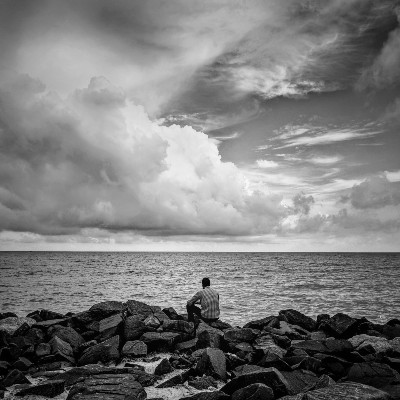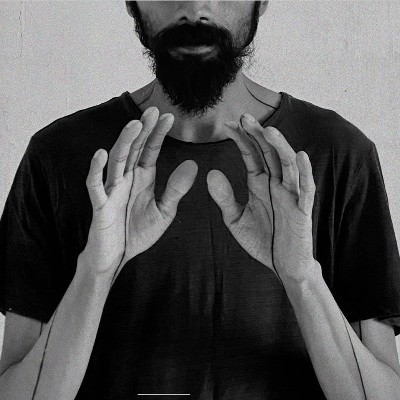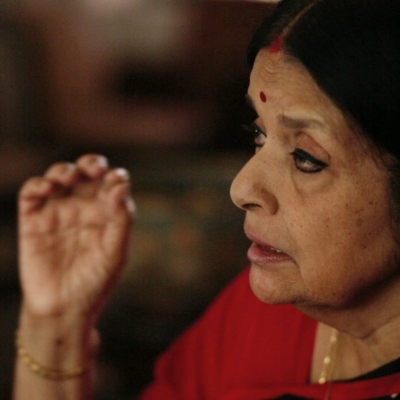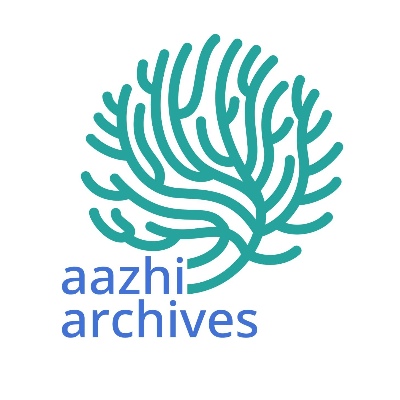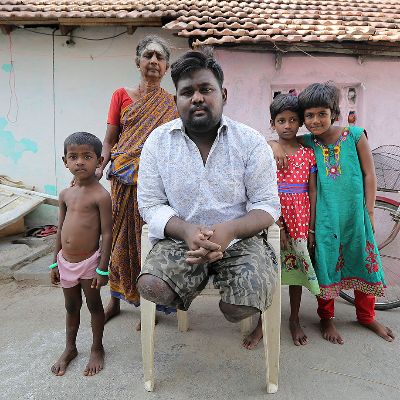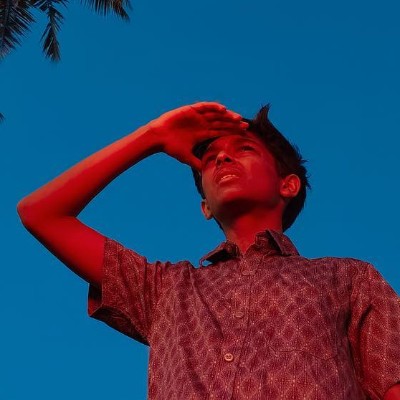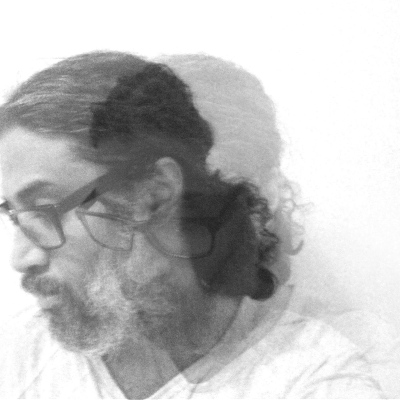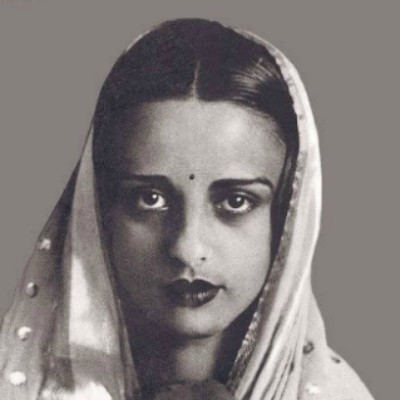Histories of the sea have extended concepts from terrestrial narratives and recreated the sea as the mirror of the land. What does it mean to think about the sea as a boiling vessel? How can we think histories of the sea on its own terms?
Stories of communities about origin, spread and apocalypse being presented through episodic memories, narrative and visual texts, travel writings, murals, divine objects, church paintings, and songs provide a dense and myriad repository of historical and artistic imagination.
Aazhi archives presents Sea A Boiling Vessel. Its first exhibition as part of a long term multidisciplinary project that brings together artists, performers, scholars and intellectuals to contemplate together on the cosmopolitan pasts and futures of Kerala.
story
| ARTISTS & INSPIRATIONS

Parag’s meditative practice of achieving realism on canvas is often mistaken for photographs, his troubling paintings of faces and bare bodies design a carefully linked chain on the compelling ways that material, subject, and sensibility can align on canvas.
Nairs is an indigenous Hindu caste, which is anthropologically defined as named category of castes rather than being a single caste. They form a considerable swordsmen and military caste from the west coast of India.
Pandithar is a Hindu community that has roots in Madurai region of Tamil Nadu. According to the oral accounts of the community, they were traditionally practitioners of indigenous medicine, who were invited by the King to settle in Kochi.
Saraswat Non-Brahmins is a Konkani speaking Hindu community from Goa. Saraswat traditionally were Temple artists. The women in the community were not allowed to get married and were forced to dedicate their lives to the temple.
In Kochi, they are a small community who have migrated from various parts of India in the recent past. Marwari Brahmins in Kochi, like other Marawari speaking communities are a traders and entrepreneurs.
Memon is a community of Muslims that migrated to Kochi from the Kutch area in Gujarat during the early part of the 19th century. Even though they migrated into Kochi from Kutch their roots can be traced back to Sindh region in Pakistan.
Chetti is a surname is a common surname used by mercantile agricultural and land owning Hindu castes in South India. Chettiyars in Kochi is a Tamil speaking Hindu community who are mostly petty traders.
Ezhava is one of the biggest castes in Kerala. The name has historically used to refer to people who were involved in a variety of jobs. They were considered belonging to the lowermost strata of the Hindu caste system.
Malayalam speaking Muslims in Kochi identifies themselves as Malabari Muslims. Even before the colonial times Kochi had a healthy trade relationship with the Arabs. Most of them, in the recent past have been manual labours and petty traders.
